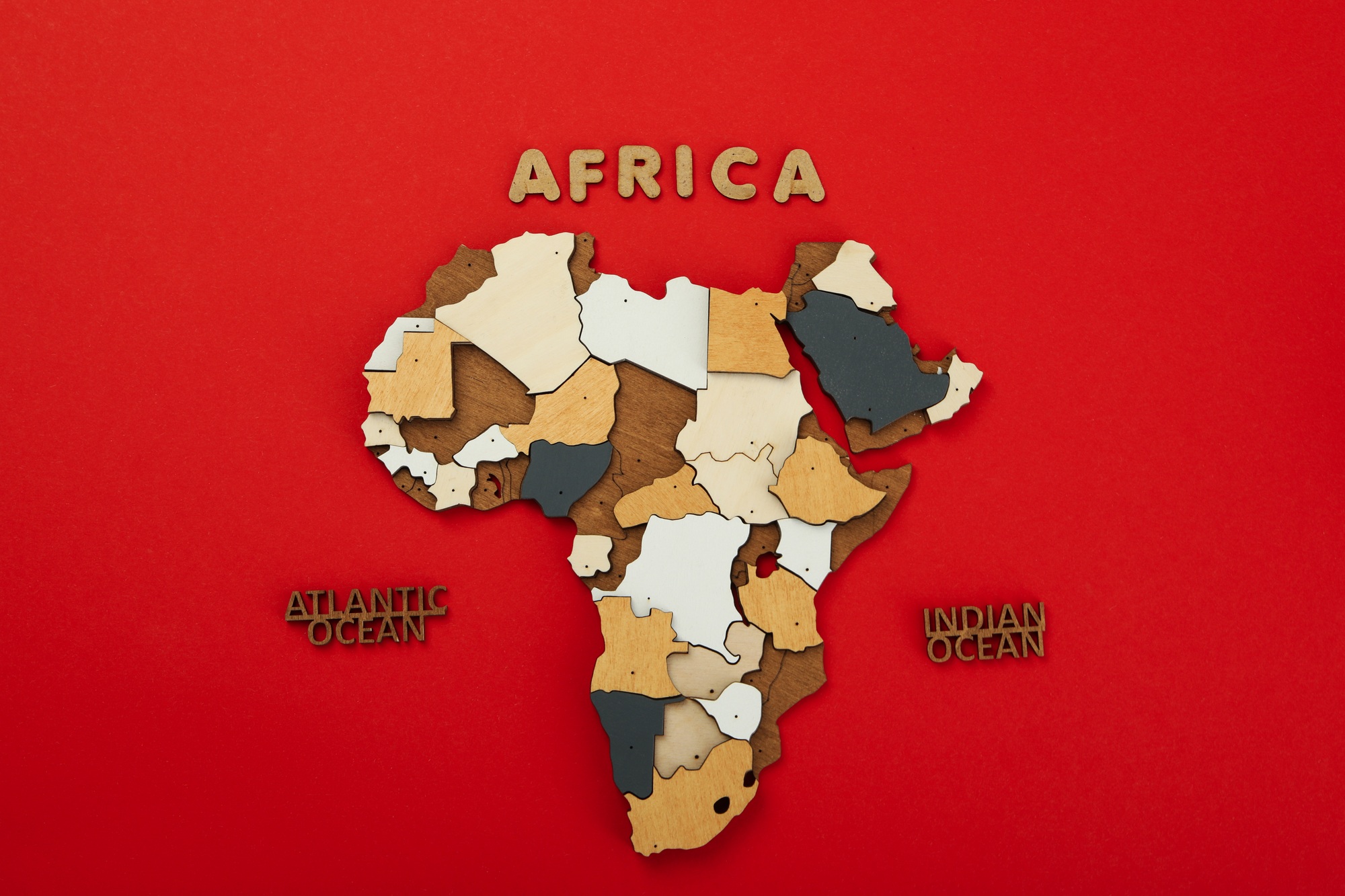
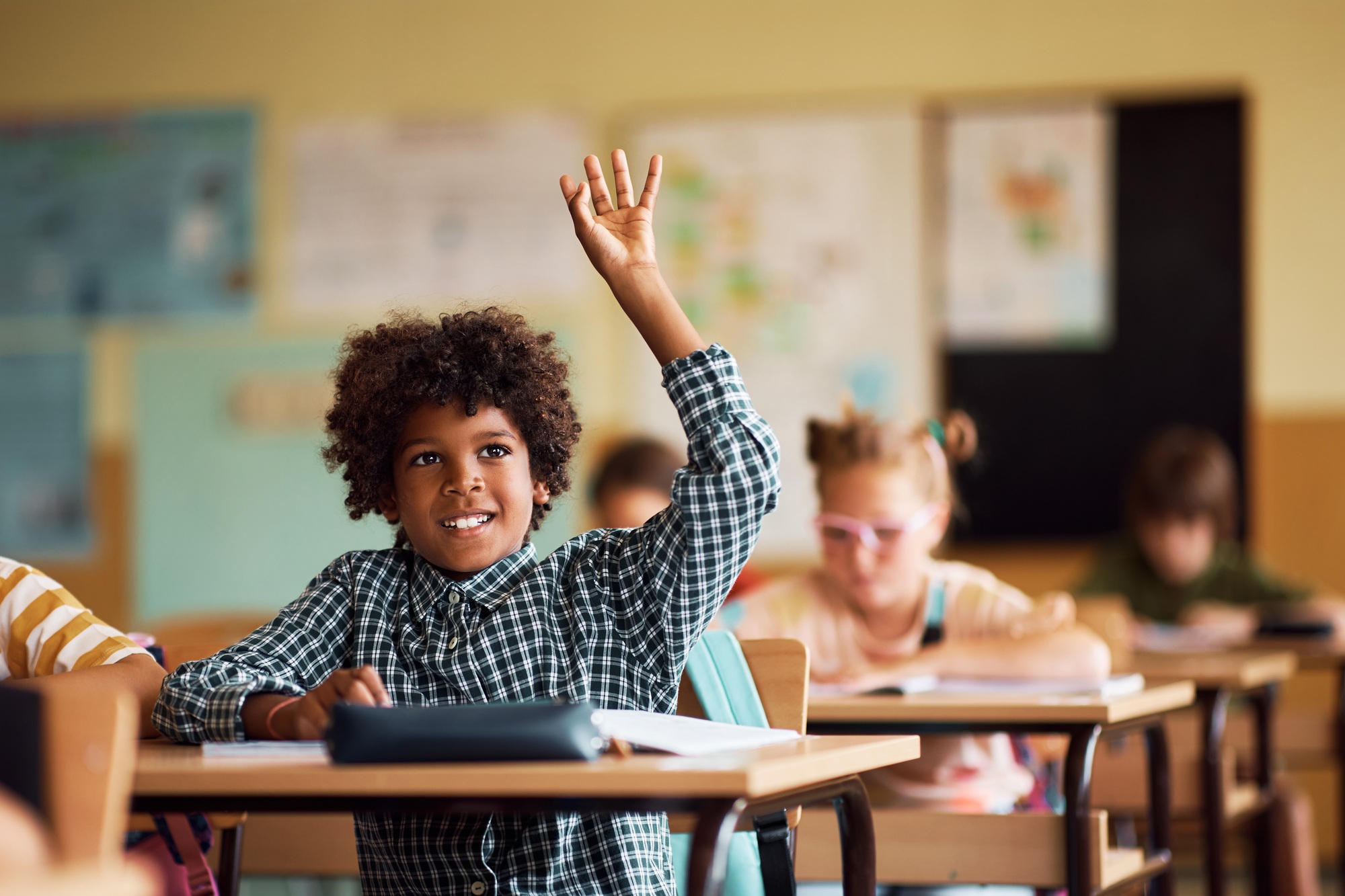
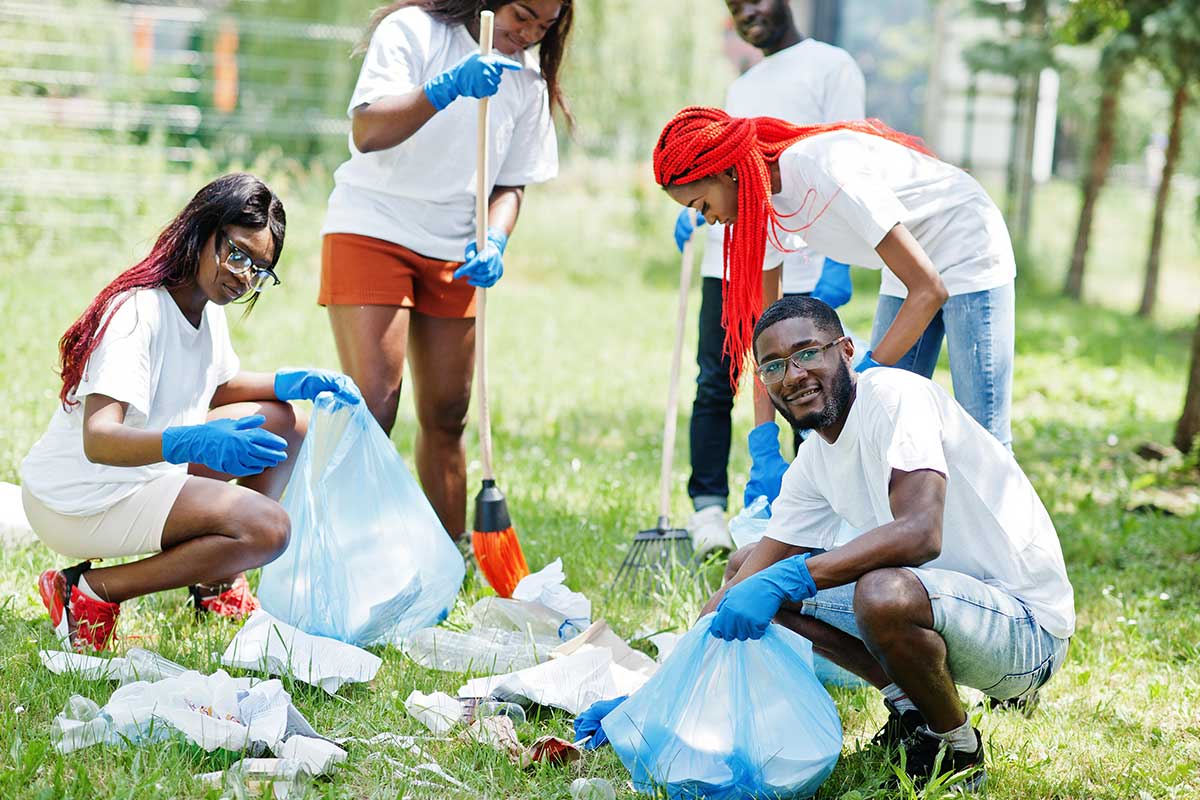
Egypt is more than ancient stones and traffic, it is children pushing each day toward school, safety, and dignity. From Upper Egypt villages to the crowded streets of Cairo and Alexandria, their voices are missed too often, and we are here to lift them.

One in every ten children in Egypt works to support their family — often in agriculture, factories, or informal markets. Economic stress forces many to leave school early or never enroll at all.
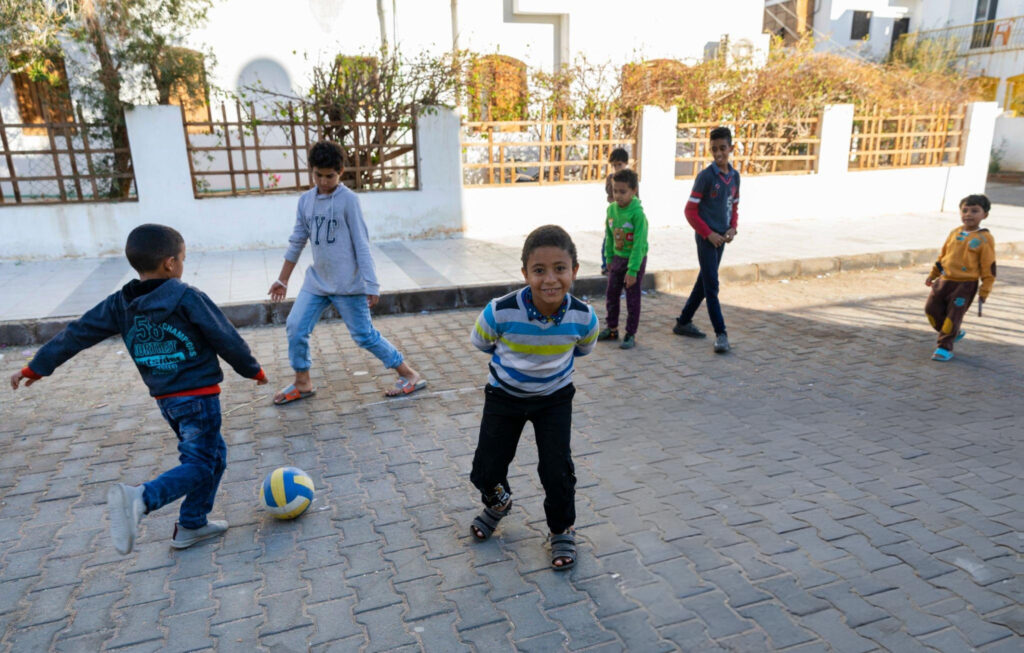
Girls, especially in Upper Egypt and rural areas, face pressure to marry young or drop out of school due to traditional expectations. Gender roles, family poverty, and limited access to sexual health education keep many girls at risk.
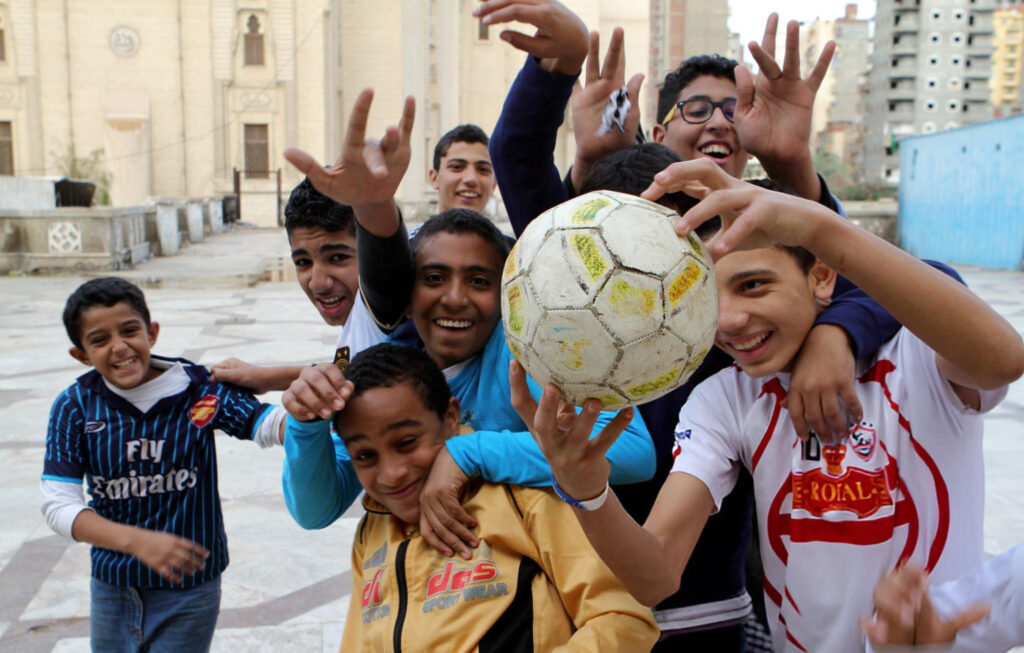
While Egypt has high school enrollment rates, public schools are often overcrowded, under-resourced, and difficult to access in rural regions. Many children, especially refugees or children with disabilities, are left behind.
On city corners and in factory shadows, outreach workers find children who carry adult burdens and invite them into rooms where childhood can breathe again. A warm meal steadies the body; a quiet talk opens the door to trust; a simple desk becomes a signal that school can still belong to them. Caseworkers sit with families and name the real pressures, then build plans that do not collapse after one hard week. Transitional classrooms rebuild letters and numbers; vocational sessions give older youth honest options; staff return often so progress holds. The work is practical and relational; it respects the child’s pace and the family’s reality. A girl who once sold tissues learns to write a paragraph; a boy who slept on a step joins a team that knows his name. Dignity returns, and learning follows.
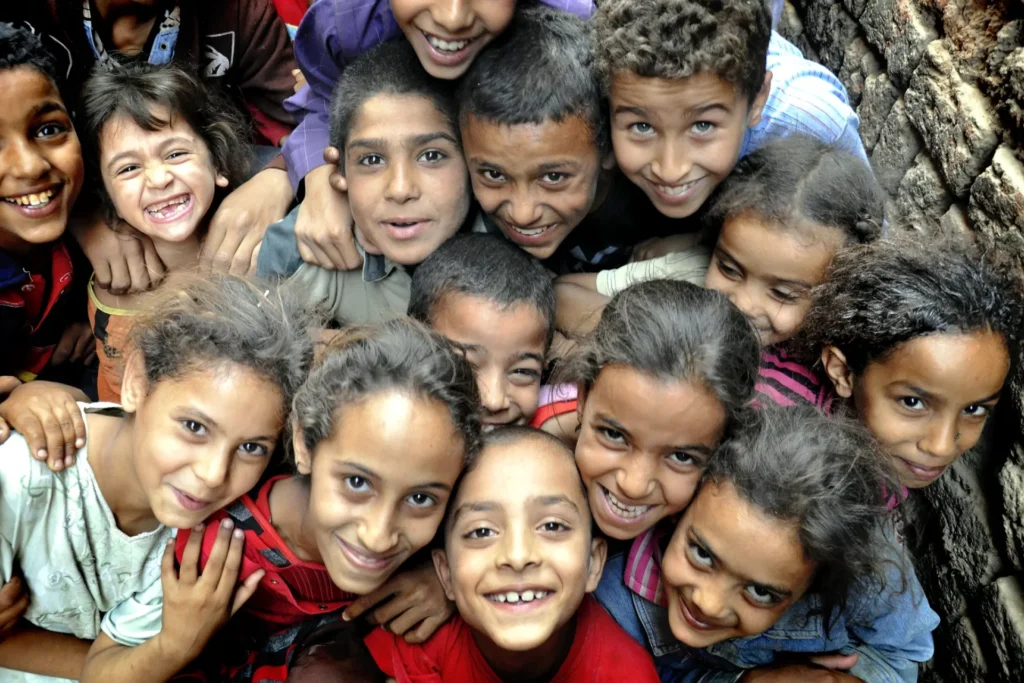
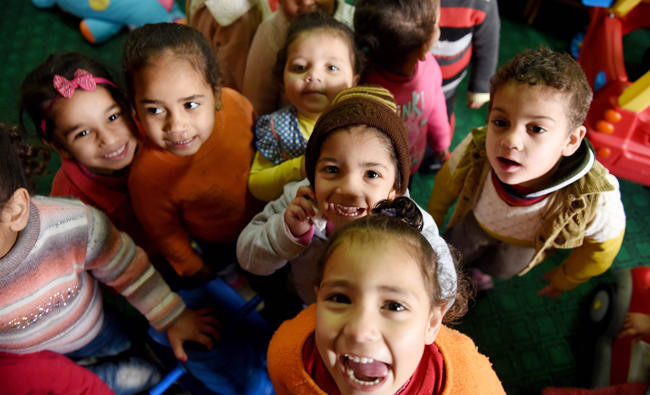
In villages where early marriage steals time and voice, mentors gather girls after school and teach them how to study, how to speak, how to protect their futures. Safe rooms fill with reading circles and frank lessons on health and rights; worry is met with clear information and steady adults. Mothers and teachers are invited in; leaders hear why keeping a daughter in class strengthens the whole home. When a girl falters, the team walks with the family, solves transport, finds uniforms, and celebrates every return to attendance. The change is visible and local: fewer dropouts, later weddings, more girls stepping to microphones to share what they know. Confidence replaces silence; ambition replaces fear. Community by community, expectations shift, and a daughter’s education becomes the standard rather than the exception.
Families and neighbors arrived with paint, tools, and resolve; walls brightened, broken benches were repaired, and rooms filled with light that felt like a promise. Teachers sorted books, hung charts, and welcomed children who had learned to study in dim corners; attendance rose as mornings began to feel safe and ordered. Water coolers were placed, handwashing became routine, and small libraries took shape on reclaimed shelves. Parents took turns on cleaning days and walked the youngest to the gate; pride moved through the village as children carried new notebooks home. The renovation did more than fix a building, it restored belief that school belongs to everyone and that change is possible with local hands. A bell rang, and futures reopened, one lesson at a time.
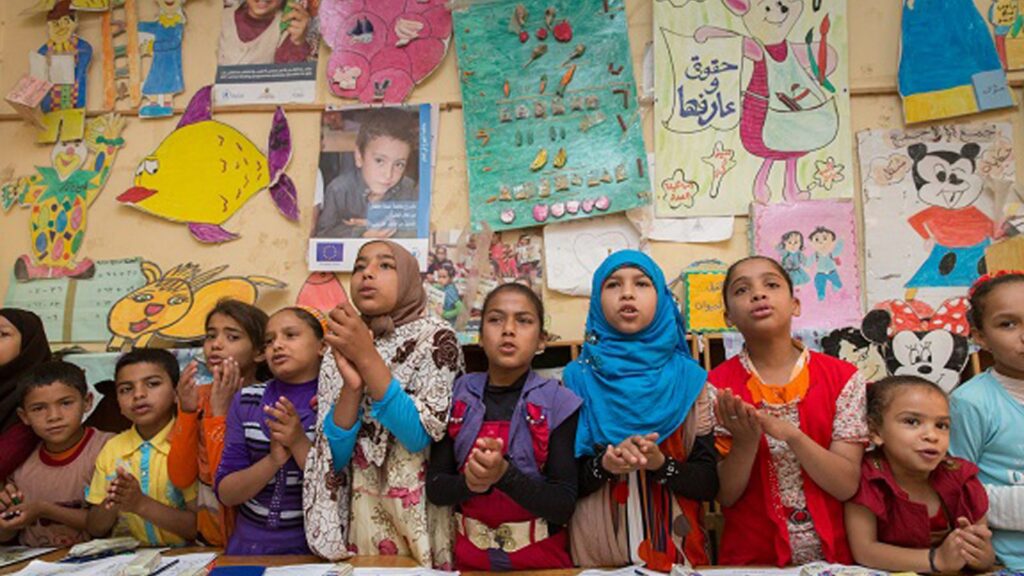
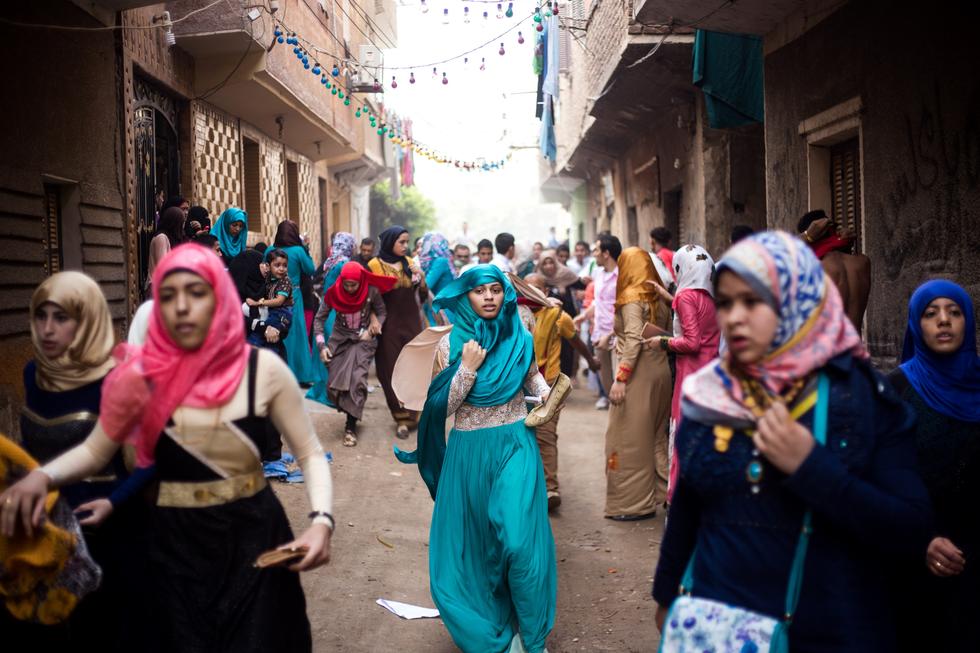
Girls stood before murals and microphones and told truths they had kept quiet for years; the crowd listened, clapped, and began to understand what courage sounds like. Workshops taught life skills and legal awareness; poetry circles and music sessions turned emotions into language; teachers carried home toolkits for inclusion and safety. Families saw daughters lead, sometimes for the first time; advocates connected parents to services that protect rather than silence. The spirit was joyful, serious, and contagious; the message was simple and strong: a girl’s future is hers to shape. The festival closed, but the echo stayed in classrooms and homes; dialogue widened; support networks grew. Celebration became strategy; creativity became protection; hope became habit.
Provides leadership, entrepreneurship, and educational training to empower youth in Cairo.
Builds confidence and leadership in girls through education, self-defense, and community programs.
Offers medical care, food assistance, and support for orphans and low-income families.
Trains youth in technology, career readiness, and personal growth to support local development.
A volunteer‑led nonprofit supporting vulnerable Egyptians with food aid, neonatal care equipment, childhood education access, nutrition, and orphan support.